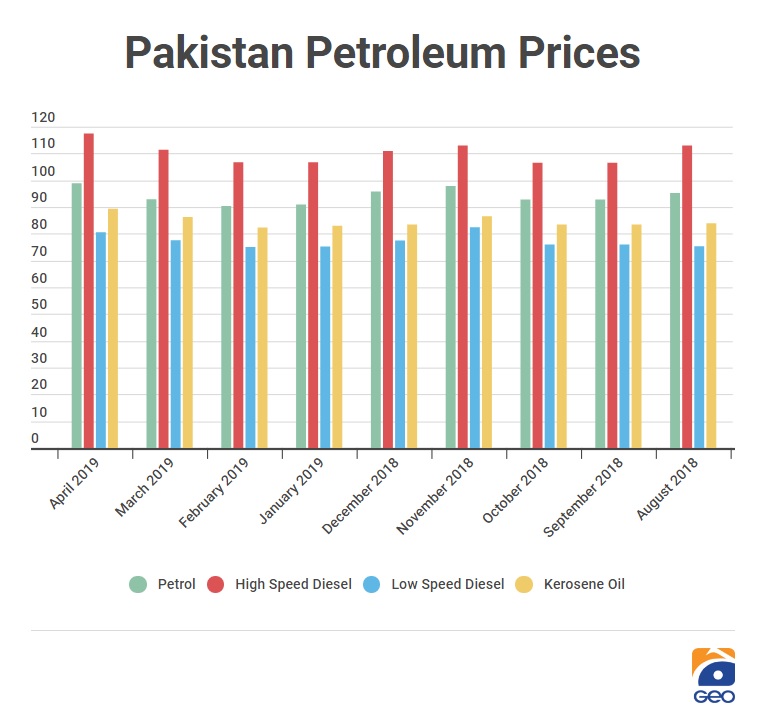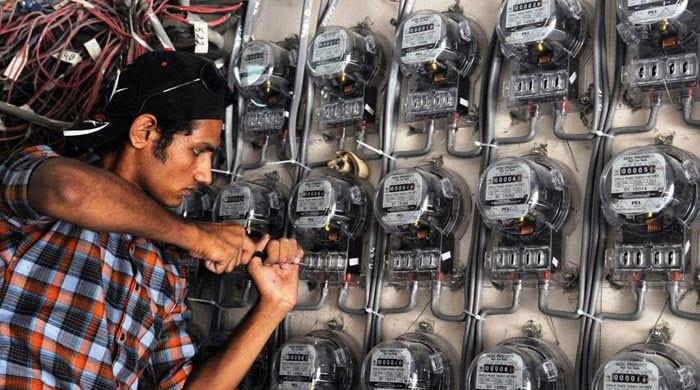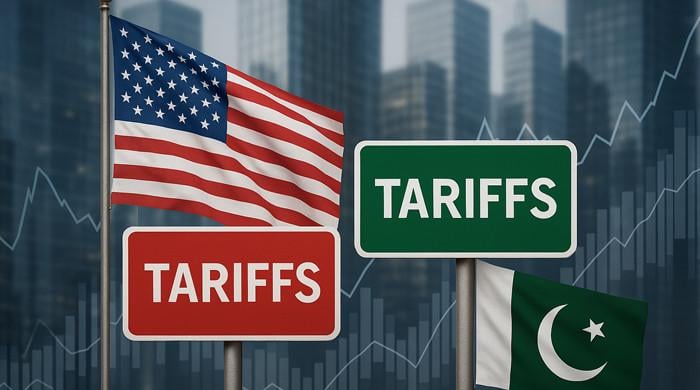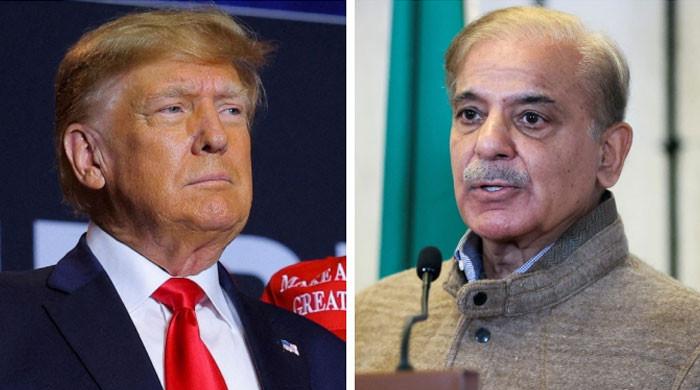Govt hikes petrol price by Rs6 per litre
Diesel also goes up by Rs6; prices of light diesel, kerosene oil raised by Rs3 each
March 31, 2019
The government on Sunday announced an increase in the prices of petroleum products.
There was an Rs6 per litre increase in the prices of petrol and high speed diesel and Rs3 per litre in the prices of light speed diesel and kerosene oil.
With this latest hike, the prices of petrol and diesel are at their highest level since the Pakistan Tehreek-e-Insaf government came into power.

“When the price of petrol increases it impacts other commodities as well. I would request the government to concentrate on the inflation,” said Haroon Mehboob who works for the agricultural department in Quetta.
Rashid Khan who drives a rickshaw in Balochistan’s capital tells Geo News he has no other option but to pass on the burden for the price hike onto his customers. “There is no other option but to raise the fare. If this continues it will become difficult to operate my rickshaw.”
The price increase is a fraction of what was recommended by the Oil and Gas Regulatory Authority (OGRA) which had sought an Rs11.92 per litre hike in the price of petrol, Rs11.17 for high speed diesel, Rs6.50 for light speed diesel and Rs6.65 for kerosene oil.
The opposition has been quick to criticise the government over the price increase.
"The government should take back the bewildering increase in petrol and diesel prices. The 'tsunami of inflation' has made life extremely difficult for the Pakistani nation," tweeted National Assembly Opposition Leader and Pakistan Muslim League – Nawaz (PML-N) President Shehbaz Sharif.
Senator Sherry Rehman from the Pakistan Peoplesd Party (PPP) also took to twitter to criticize the move by the government. "Petrol/diesel/electricity prices skyrocket; meteoric rise in gas bills cripples 90 pc of Pakistan; 33 pc devaluation of rupee, hike in central bank’s policy rate by 450 points! Welcome to high-delivery #NayaPakistan. Brings IMF to your doorstep even before signing. One tabdeeli at a time."
According to Reuters, oil prices rose on Monday, adding to gains in the first quarter when the major benchmarks posted their biggest increases in nearly a decade, as concerns about supplies outweighing fears of a slowing global economy.











